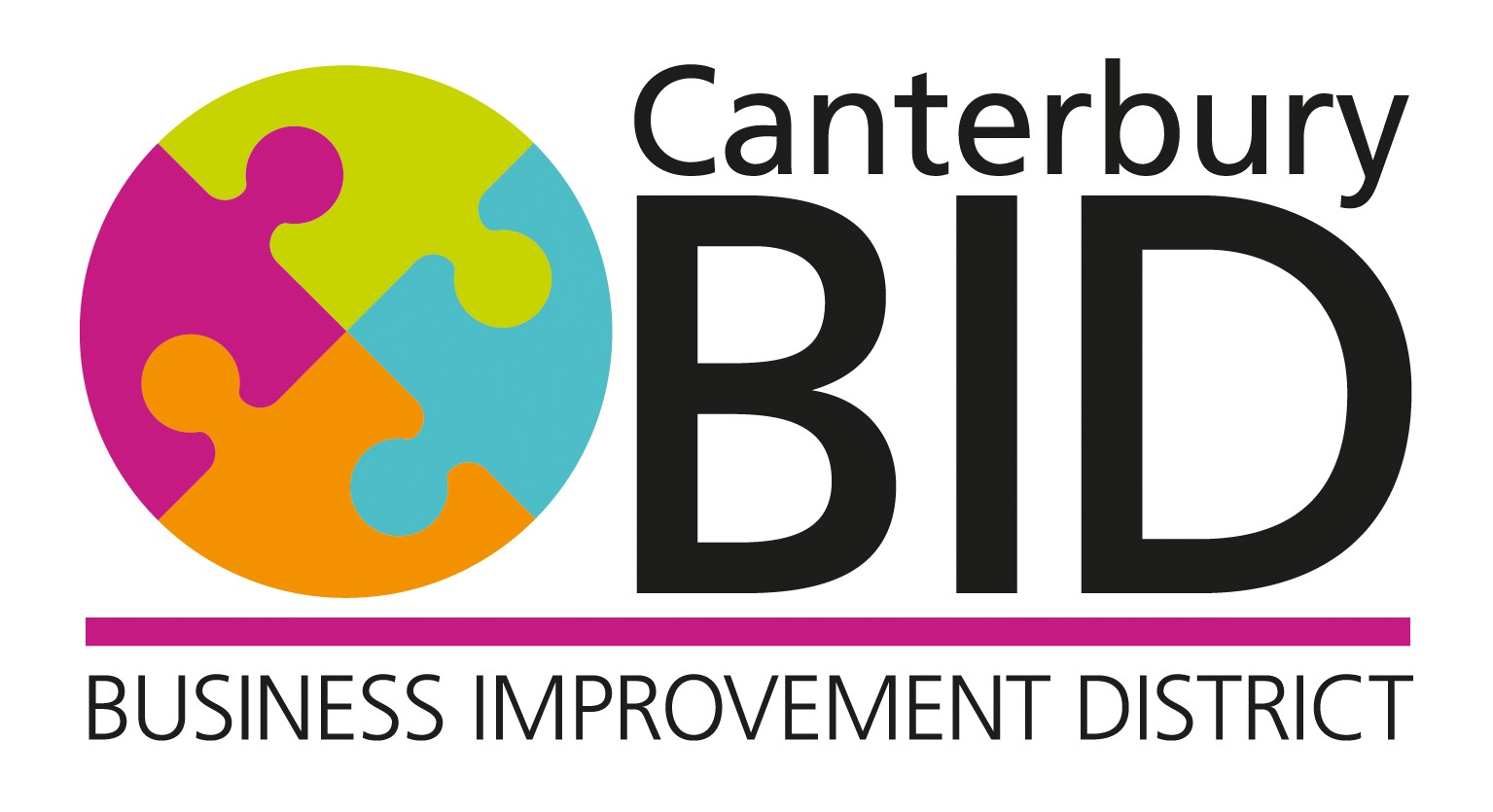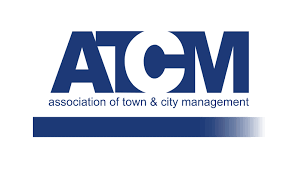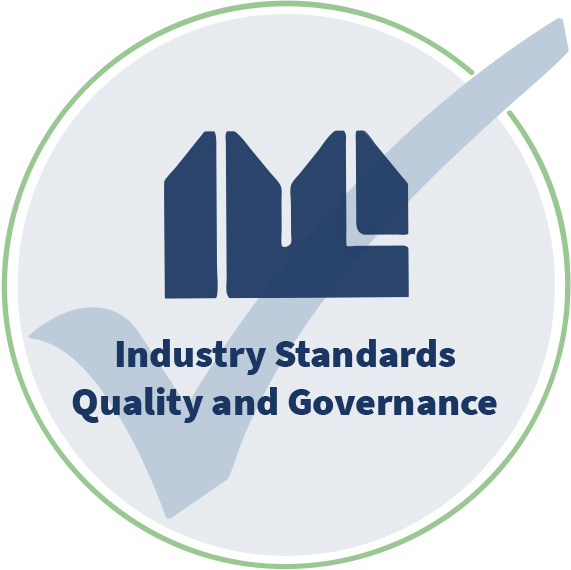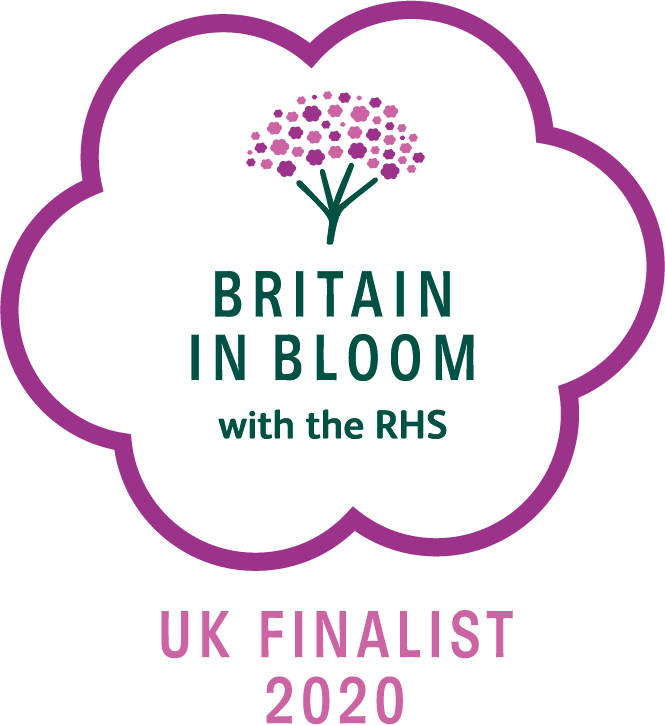Canterbury’s first-ever delegation from the Canterbury Climate Action Partnership (and the only delegation from Kent) attended COP26 in Glasgow, the United Nations Climate Change Conference, alongside 25,000 delegates, from 9-12 November.
The delegation included Dr Carl Wright (CCAP Chair), Lisa Carlson (CEO of Canterbury BID) and Dan Watkins (Canterbury City Council’s Lead Councillor on Climate Change).
The aim was twofold:
- To showcase Canterbury’s Climate Change Commitment which was made at the end of the city’s first Climate Action Week in October, and
- To link up with like-minded partners and sponsors and take the learnings and connections back to Canterbury.
During their attendance the CCAP team, which was officially accredited to the COP Blue Zone, took part in COP plenary sessions, side meetings and a wide range of workshops and partner consultations, also within the framework of the Local Government and Municipal Authorities Group of the UN, including:

- Transition to Zero Emission Vehicles
- Support for community energy
- Launch of the Event Industry’s “Net Zero Carbon Events” Pledge
- Financing for Sustainable Cities
- Built Environment and Sustainable Urbanisation
- Panel discussion with the UK:100, a network of local government leaders supporting decision-makers in UK towns, cities and counties in their transition to net zero.
- Meetings with senior UN, Commonwealth and EU representatives on multilevel implementation of Paris goals
- Meetings with business leaders on their targets for reaching Zero Carbon
Commenting on the outcome of COP26 and lessons for Canterbury and Kent, Lisa Carlson noted:
‘Our team was much encouraged by the determination shown by so many COP stakeholders to reach Zero Carbon, including those that make up the CCAP Partnership such as local authorities, business and community groups. There is a lot we can achieve at a local and regional level to address the climate crisis. It was also good to exchange views with potential CCAP corporate partners like E.ON and learn about their journey to support communities and businesses in decarbonisation.’
Dan Watkins added:
‘Most carbon emissions take place in cities and towns, as well as through degradation of our forests and countryside. Much can be done by all of us locally as individuals and through our local councils, businesses, universities and community organisations. It was heartening to see local government bodies like C-40, ICLEI and UK100 present so many examples of significant climate action, including within Canterbury, and to learn that there are already some of the larger cities such as Glasgow committing to reach Zero Carbon by 2030.’
Carl Wright concluded:
‘I am remain worried that we will not reach the 1.5 centigrade target in carbon emissions. Failure to do so will have massive consequences on our climate, environment, living standards worldwide including in Canterbury and Kent. There were important initiatives on forestry, coal, methane, transport and other areas at Glasgow, but they do not go far enough and lack the necessary enforcement mechanisms’.
He added:‘I therefore call on all our partners, in particular Canterbury City Council and Kent County Council, to urgently examine how the outcomes of COP26 impact on their own climate action and environmental targets and how these can be strengthened in partnership with all local stakeholders to achieve demonstrable carbon reductions and improvement in biodiversity by 2030. Unless this is done we will not achieve Zero Carbon.’
Next steps
Look out for the BID’s new Climate Action section on the BID website which will include information on business support for the transition to net zero.
More photos available on Flickr











